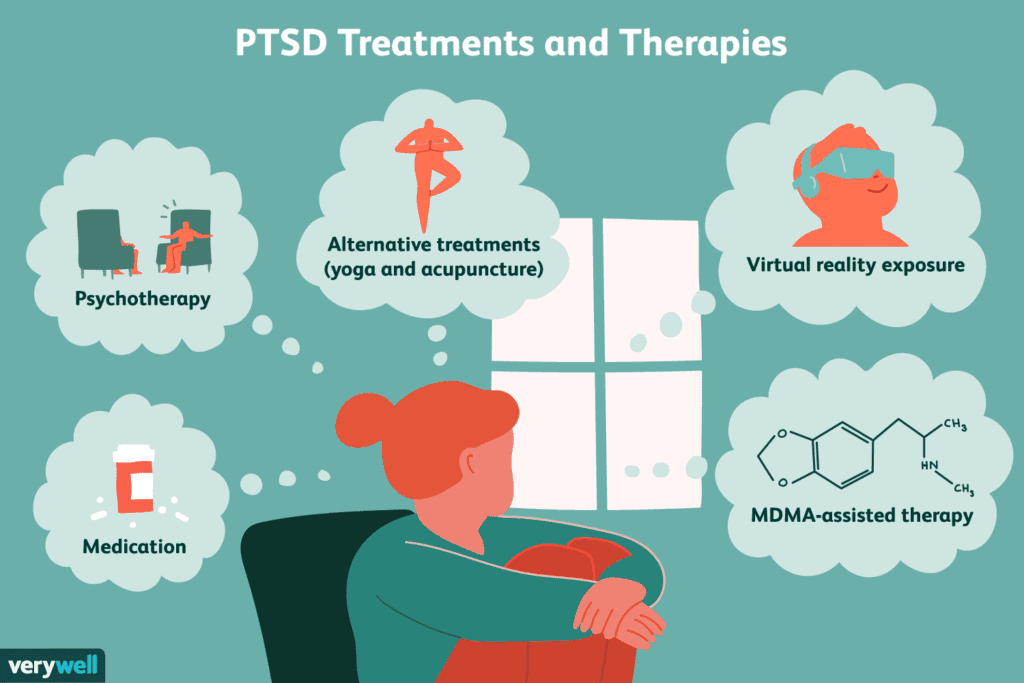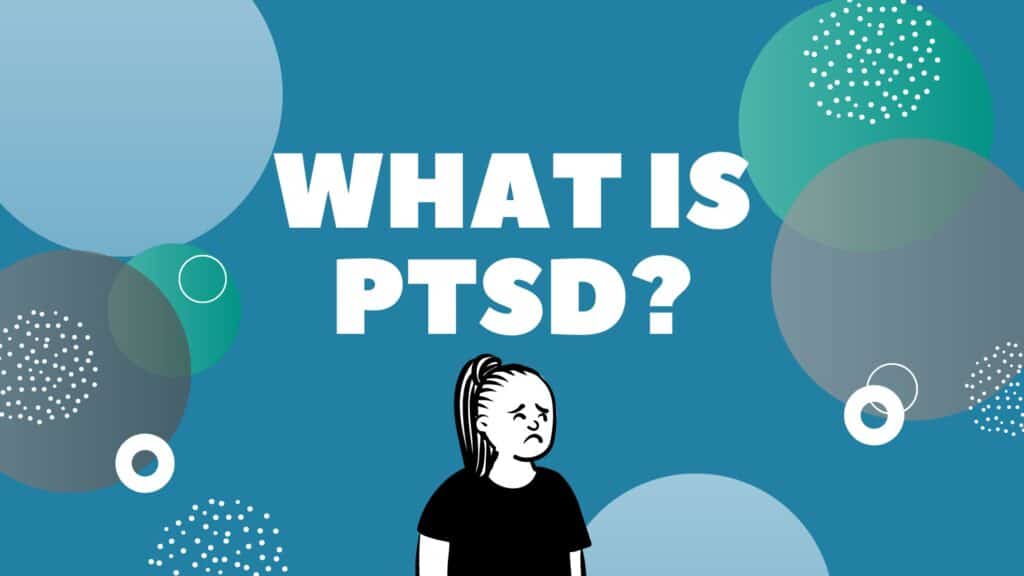Trauma Tragedy
Trauma is not something that merely exists in our head, it’s a real thing which can make a person stuck physically and mentally. One cannot say to move on from trauma, it’s not some scratch that we got by falling on the road while playing as a child.

Trauma is something that leaves an impact on a person’s mind and his reaction to every situation. It fills the person with constant fear and anxiety. It affects our affective, somatic, sensory, and motor nodes of mental processing. Trauma sensitizes the hypothalamic-pituitary-adrenal (HPA) axis, the body’s central stress response system. It acts as the junction of our central nervous system and endocrine system, which makes us more reactive to stress and increases the stress hormone, cortisol crucially which can be toxic leading to health conditions such as depression or heart disease. Studies show that post-traumatic stress disorder (PTSD) is linked to greater activity in brain areas that process fear and less activation in parts of the prefrontal cortex.

Trauma can push someone in a pit from where it’s not easy to come up without someone else throwing a rope and pulling a person. This pitfall has lots of Inhibitors(symptoms) like exhaustion, numbness, confusion, sadness, anxiety, agitation, dissociation, and physiological arousal. People with trauma are more prone to panic attacks, worrying, and stress as they rethink and revisit the time subconsciously which gives them trauma. The more the stress, the more tense and constricted muscles are, which makes a person exhausted and ineffectual.

Everyone reacts to their trauma and situation differently. There’s no right or wrong response. If a person is reacting in a very unexpected manner that doesn’t mean he or she faked the trauma. Response is not always exhibited by panicking only. The effects of trauma on the body can be subtle yet dangerous, dealing with physical and emotional pain can make it hard to cope and lead to developing unhealthy coping mechanisms like smoking, drinking, or doing drugs. These may increase the numbness of emotions and prolong the trauma’s impact on our body and mind.
The person who has been through any traumatic event or incident may develop trust issues with time. They suspect people of hurting them and start distancing them by building a wall to protect themselves. The perception of them towards the world and people changes. They sense or overestimate danger, fear and threat all around themselves. They see themselves as weak in front of other people and blame themselves for the trauma that happened to them due to their inability to stop it even when they could.

Through trauma therapy and time their
beliefs tend to shift to feel dangerous all time to sometimes and.sometimes safe. Therapists dealing with traumas are extra
sensitive towards their patients. They focus on not changing what happened to
them but on changing their belief patients hold about themselves and the world.
There are lots of comebacks of memories, flashbacks, revisiting of memories,
nightmares, panic attacks but it gets better with time and therapy. Trauma is
not for lifetime !



